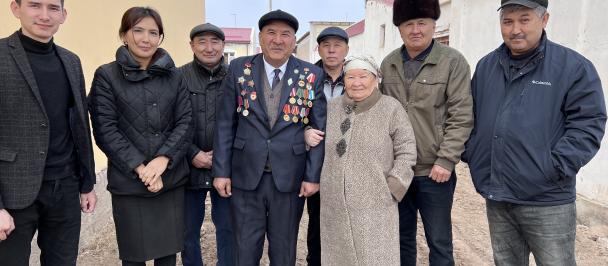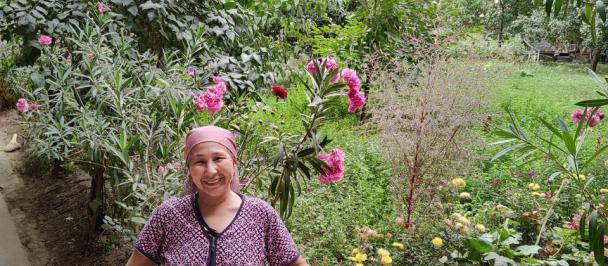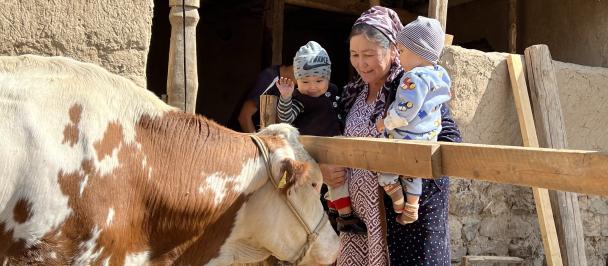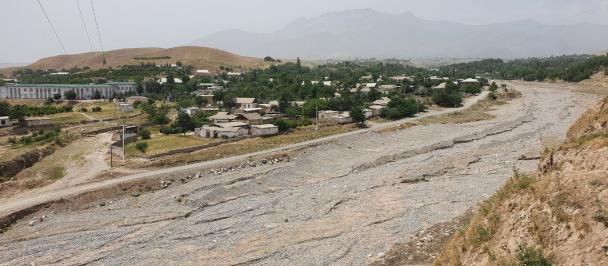Author: Elena Amira Turaeva
Helping nature by fencing sites
October 5, 2022
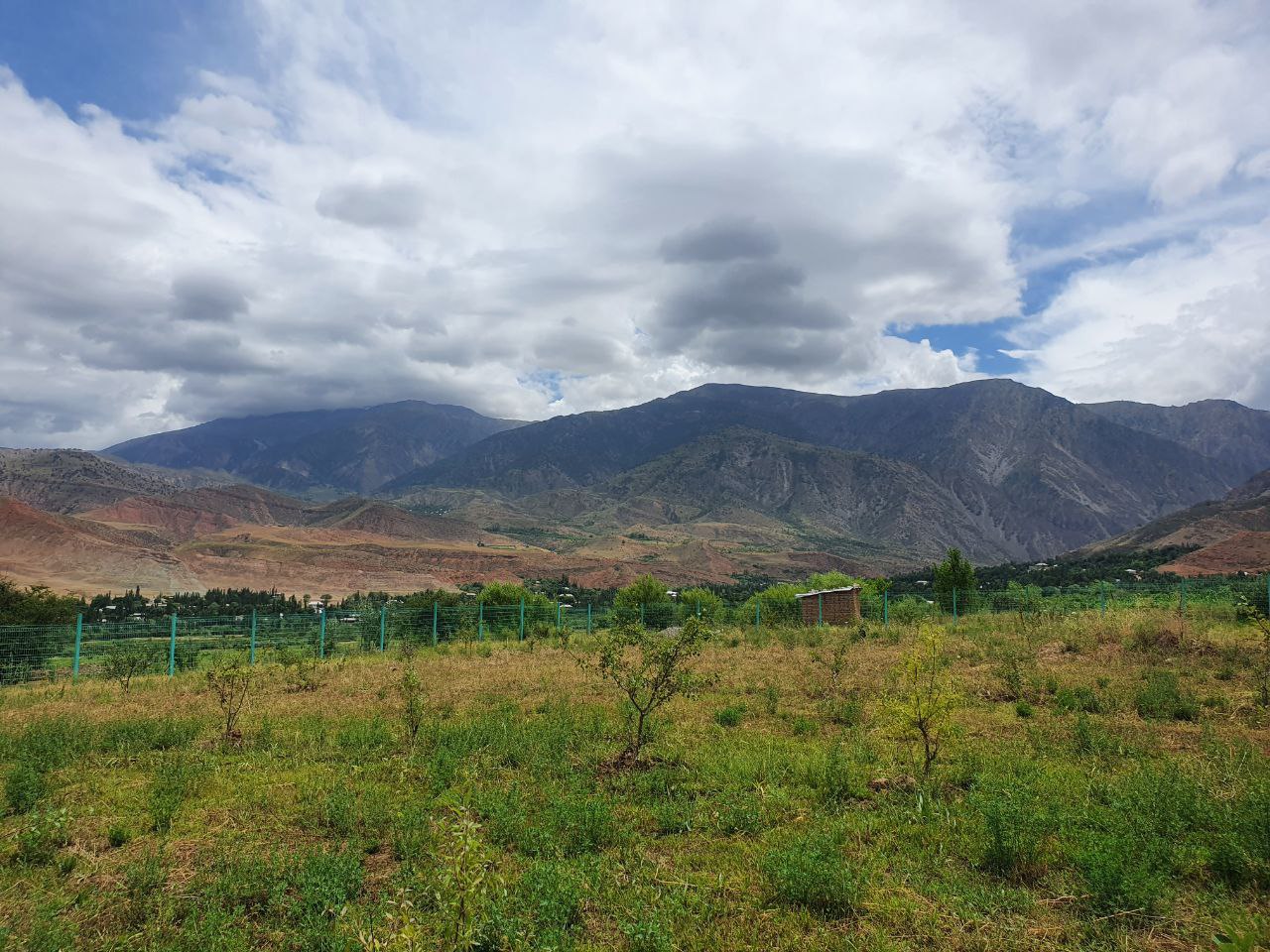
Living in a city and taking care of the safety of our apartment or a house that is surrounded by a large brick fence, we do not think how difficult it is for any farmer operating in the highlands to protect not only his/her house, but also outbuildings, land, seedlings, livestock and much more. It is necessary to consider all the details in order to protect yourself from natural disasters, raids of forest predators or uncontrolled grazing of livestock by neighbours. Today any site fencing is no longer a whim, but a vital necessity.
In a joint UNDP/GEF Project and the State Committee of the Republic of Uzbekistan on Ecology and Environmental Protection: "Sustainable natural resource use and forest management in key mountainous areas important for globally significant biodiversity" in Ugam-Chatkal and the Gissar-Alai snow leopard landscape (Tashkent, Kashkadarya and Surkhandarya regions) 12 projects were implemented to fence garden areas and plots to protect them from livestock and predators.
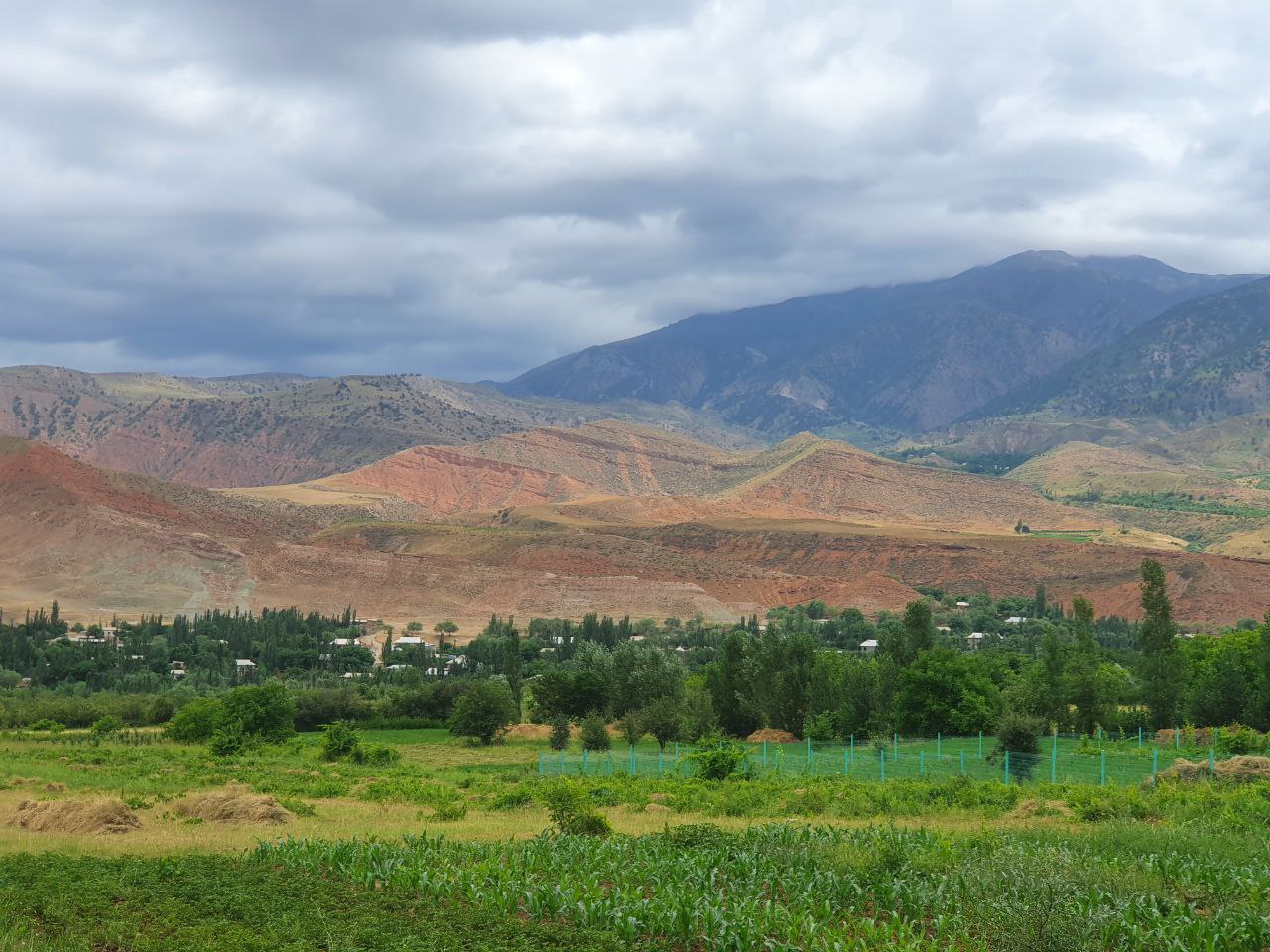
Below we tell you two interesting stories of hardworking, dedicated dehkhans, who have achieved impressive results through our joint efforts in fencing their garden areas and plots. We begin our journey with the story of Ergashov Shakhzod, who lives in the Tashkent region in Pskem village. His family’s house is located along the road, on the edge of a cliff. For years the residents had been using this cliff as a landfill. Despite numerous requests and complaints from homeowners, it was impossible to stop this practice; moreover, they regularly received fines for littering near their houses. It seemed impossible to solve this problem, but after learning about the Technical Assistance Program, Shakhzod applied to this project.
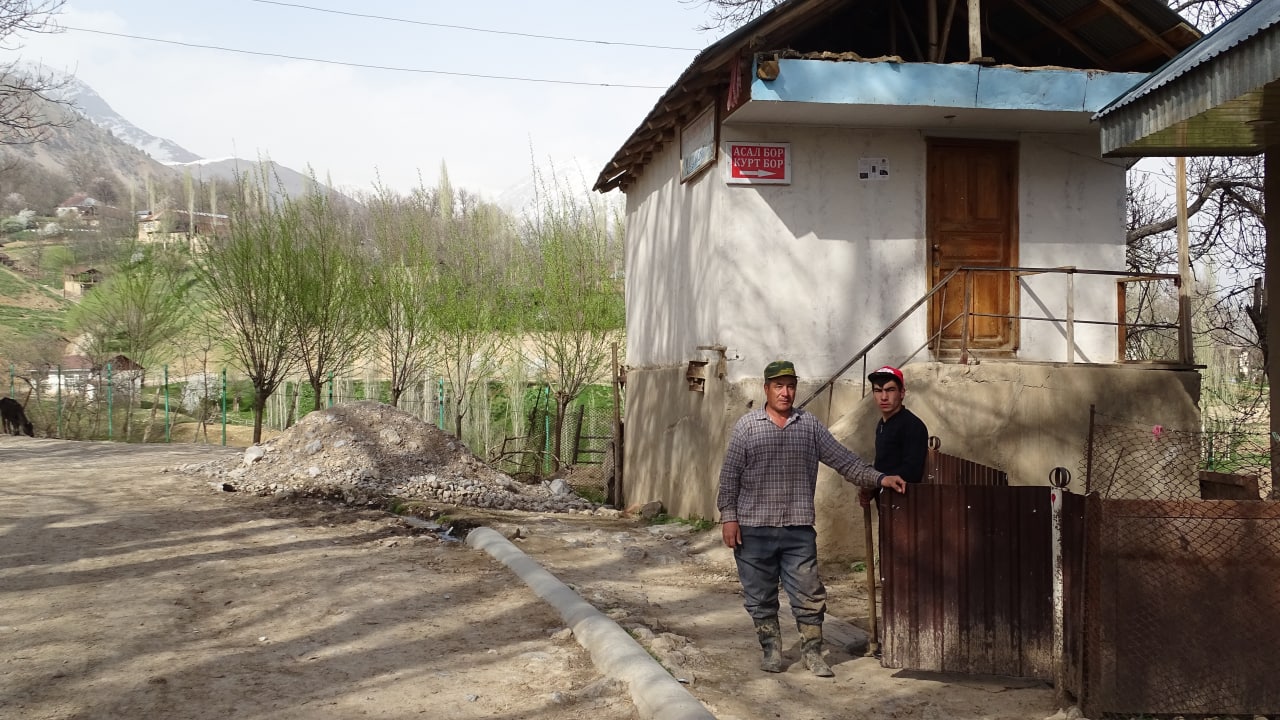
By independent efforts, the father and his son could clear the area of garbage, taking out 3 dump trucks with it. They cleared the slope of stones and planted apple tree seedlings immediately after the installation of the fence. The area is quite challenging with many stones and a steep slope. The family’s hard work and dedication made it possible to fulfil their plans, while the fence protected young seedlings from trampling by cattle. Today, they own three hectares of land on which saplings of apple, pear and pine trees grow. This story is an important example for all villagers, not only in matters of cleanliness and respect for nature but also in organizing alternative income for their family. Just in a few years, the Ergashov’s family will be able to fully enjoy the results of their work by selling fruits.
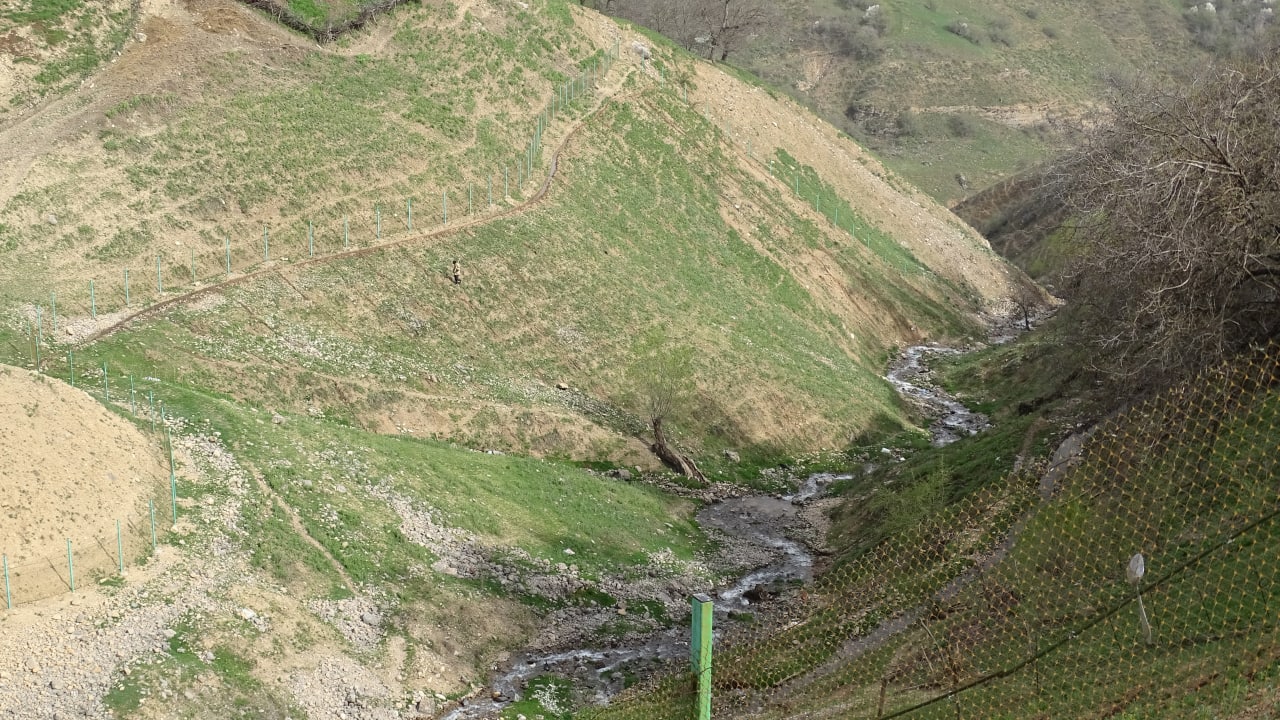
For our second story, we have to visit the village of Tatar in the Kashkadarya region, where the family of Nuriddinova Gulnoza’s 0.37 acres of the orchard is located. She lives in this village with her children together with her husband's parents while her husband works abroad. While planting Olmurud pear seedlings, she faced the challenge of protecting the fresh plantings from trampling by cattle that graze on the land. Her orchard is far from her home so Gulnoza had to regularly leave her household chores and children behind to check the territory and drive away the animals. Gulnoza’s life completely changed after she received the micro-grant and placed the fence. Now she has more free time for her family and to do her favourite things.
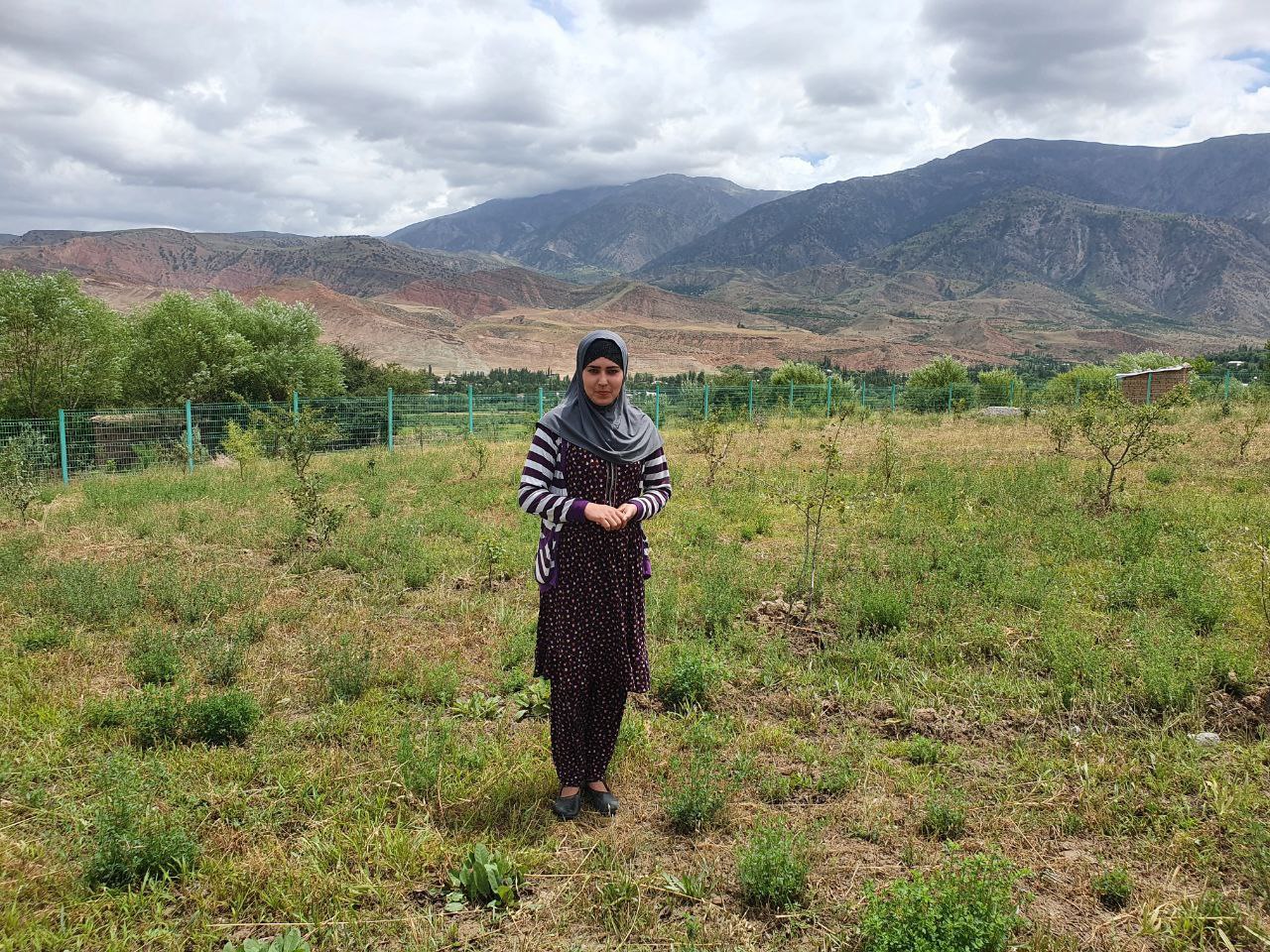
Although the fences were installed to meet the needs of the local population only, the benefits they bring to nature became evident. You may ask, how? In the pictures below the difference between the fenced and the unfenced area can be clearly seen. Uncontrolled grazing destroys any planting, whether it be shrubs or seedlings but where our Project has installed fences nature itself renews its resources and there starts an exchange of plant seeds through insects, due to which various plants begin to grow independently and without human influence. Nature revives in its natural form, gratefully endowing humans and animals with clean air, and delicious fruits and spreading its benefits far beyond the fenced areas.
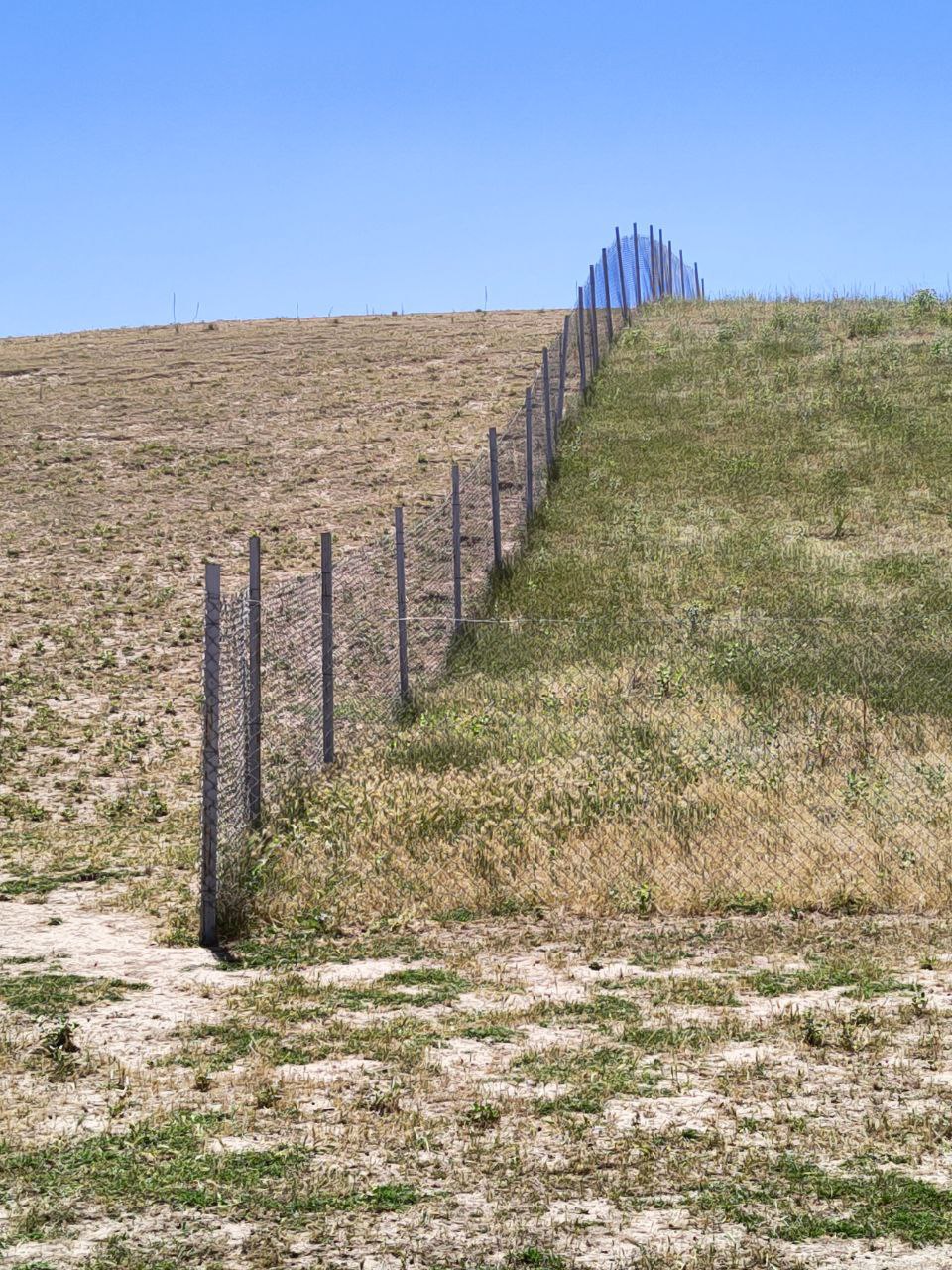

 Locations
Locations
